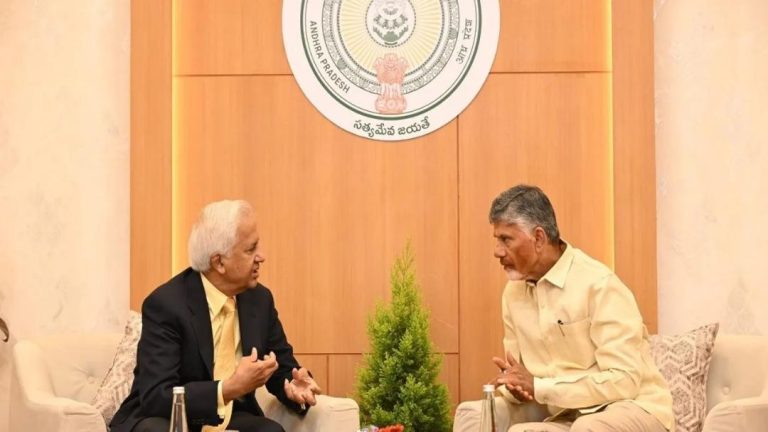
India: One of the Global Leaders in Digital Payments & Startups
In recent years, India has emerged as a global leader in digital payments and startups, a feat that has been made possible by the Digital India mission. Launched in 2015, the Digital India mission aimed to transform India into a digitally empowered society and knowledge economy. The mission has been a resounding success, with the country now boasting of a robust digital payment infrastructure and a thriving startup ecosystem.
Revolutionizing Digital Payments
One of the key areas where India has excelled is in digital payments. The introduction of the Unified Payments Interface (UPI) has revolutionized the way Indians transact. UPI has enabled users to make payments using their mobile phones, without the need for physical cards or cash. The service has been a game-changer, recording over 100 billion transactions in 2024 alone.
UPI’s success can be attributed to its ease of use, speed, and security. The service allows users to link their bank accounts to the UPI app, making it possible to make payments with just a few taps on the screen. The service has also been integrated with various devices, including mobile phones, tablets, and even smartwatches.
The impact of UPI on the digital payment landscape in India has been significant. It has enabled millions of Indians to access financial services, particularly in rural areas where traditional banking infrastructure is limited. UPI has also reduced the dependence on cash, making it possible for Indians to make payments online and offline with ease.
India’s Startup Ecosystem
India’s startup ecosystem is another area where the country has made significant progress. With over 1.25 lakh registered startups, India is now the third-largest hub of startups and innovations in the world. The startup ecosystem in India is driven by a combination of factors, including a young and tech-savvy population, a supportive government, and a thriving venture capital ecosystem.
India’s startup ecosystem has given birth to many successful startups, including food delivery platform Swiggy, e-commerce giant Flipkart, and ride-hailing company Ola. These startups have not only created jobs but also disrupted traditional industries, making them more efficient and accessible.
The government has also been proactive in supporting the startup ecosystem. The Department of Industrial Policy and Promotion (DIPP) has launched several initiatives, including the Startup India program, to promote entrepreneurship and innovation. The program provides a range of benefits, including tax exemptions, funding support, and mentorship.
Government Support
The government’s support for the startup ecosystem has been instrumental in driving innovation and entrepreneurship in India. The government has launched several initiatives to promote innovation, including the Atal Innovation Mission, which aims to promote innovation and entrepreneurship in schools and colleges.
The government has also been proactive in promoting digital payments. The Reserve Bank of India (RBI) has launched several initiatives, including the National Electronic Fund Transfer (NEFT) and the Real-Time Gross Settlement (RTGS) systems, to promote electronic transactions.
Conclusion
In conclusion, India’s digital payment infrastructure and startup ecosystem are a testament to the country’s progress in the digital age. The success of UPI and the growth of the startup ecosystem are a result of the government’s vision and support for digital India.
As India looks to the future, it is likely that the country will continue to be a global leader in digital payments and startups. The government’s focus on digital payments and innovation is likely to drive growth and create new opportunities for businesses and entrepreneurs.
Source: https://youtu.be/kGHO8vC63LE






